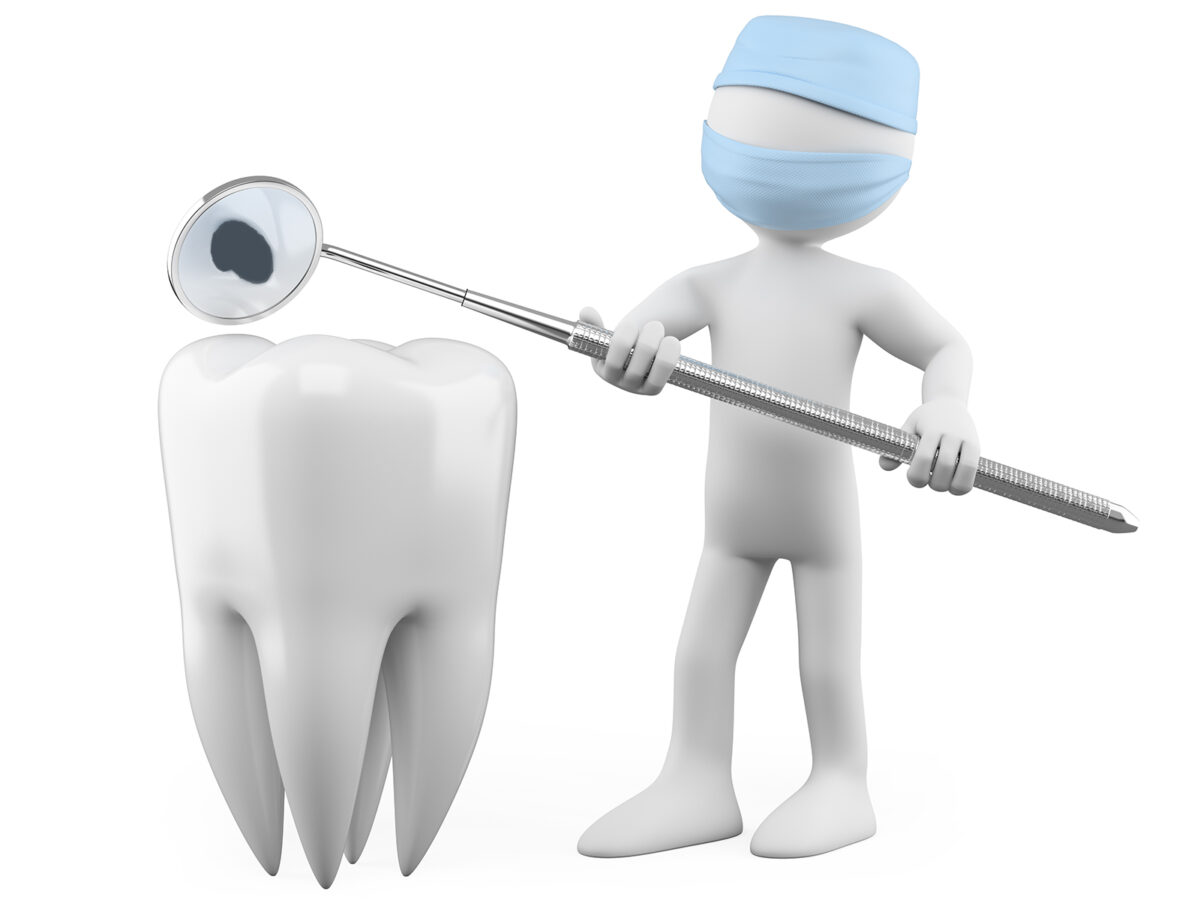Blog
Dental hygiene tips for healthy teeth & gums

Can I Get A Cavity Under A Crown?
A dental crown is a small dental cap that is placed over a damaged, broken, loose or deformed tooth to protect it and restore its former appearance, shape, size, and health. If at all you have been asked to get yourself one of these, you might actually be thinking if you could get a cavity under or around it.
As a majority of the dental crowns have been made using synthetic material, it is pretty uncommon to get any cavity on the dental cap itself as most materials are safe and clean such as steel, metal, ceramic, porcelain, etc. That being said, it is possible, however, to get a cavity on the teeth under or around your crown.
When you get a crown, the area of your unfinished or leftover tooth that is still yet to develop can be vulnerable to many cavities. In this case, it is crucial to get the crown replaced if needed and to practice proper oral hygiene, or else the infected tooth might cause a lot of pain and even fall off.
What are the causes of cavities when having a dental crown?
There are many causes that can trigger cavities to form under your crown ranging from the unhygienic base of your cap to any allergic reaction one might get due to the dental crown’s material. Given below are a few causes of crown cavities :
Margin Decay – The place where the bottom of the dental cap attaches itself to the roof of the tooth is called the margin and is very close to the gums. When any decay appears on the gum line, there is room for cavities.
Root Canal Failure – After any root canal surgery or procedure, if any of the tissues or sediments from the surgery are left behind, that is also a possible cause for cavities to develop inside the dental crown.
Poor Oral Hygiene – One of the most common causes of cavities with dental crowns is due to neglected oral hygiene. Regular brushing, flossing, and mouth washing are needed to clean the dental crown and the tooth. You need to keep it healthy since just because the crown’s material might prevent any serious cavities to develop, that does not guarantee that the tooth inside the cap is also clean.
Wear and Tear – Based on the material, a dental crown can last up to 15 years. So naturally, if the crown is starting to chip or fall off when it’s not supposed to, the now exposed tooth can attract a lot of cavity-causing bacteria.
Allergic Reaction – Last but not least, one’s gums, teeth, tongue, and other parts of the mouth could react differently to the dental crown’s material, and this allergic reaction itself is enough to invite cavities.
How do I know if I have developed a cavity?
Some of the most common signs of oral cavity or disease are:
Pain in The Mouth – One might experience pain in the infected tooth when chewing or talking. Since it is a cavity, it deteriorates the immunity and health of the tooth, and hence, immense pain will be felt during chewing.
Sensitive tooth – One might experience a throbbing sensation in the tooth when it is exposed to extremely cold or extremely hot temperature foods, such as ice creams, hot water, spice, etc. This sensation can be worsened by small actions such as grinding the upper and lower teeth together, running your tongue over the tooth, biting down on your tooth, etc.
Discoloration – Another obvious sign of the cavity is that it will be visibly seen if stood in front of a mirror. The infected tooth’s discoloration is a sure sign of decay and cavity as it will be yellow and pale white, and one can even find spots of black if the infection is truly severe.
Sick Odour – An unpleasant smell will be emitted by the infected tooth if it is infected with any cavities.
If you experience any of the above symptoms, please make sure to visit your dentist and get it fixed, as they will know the best course of action.
